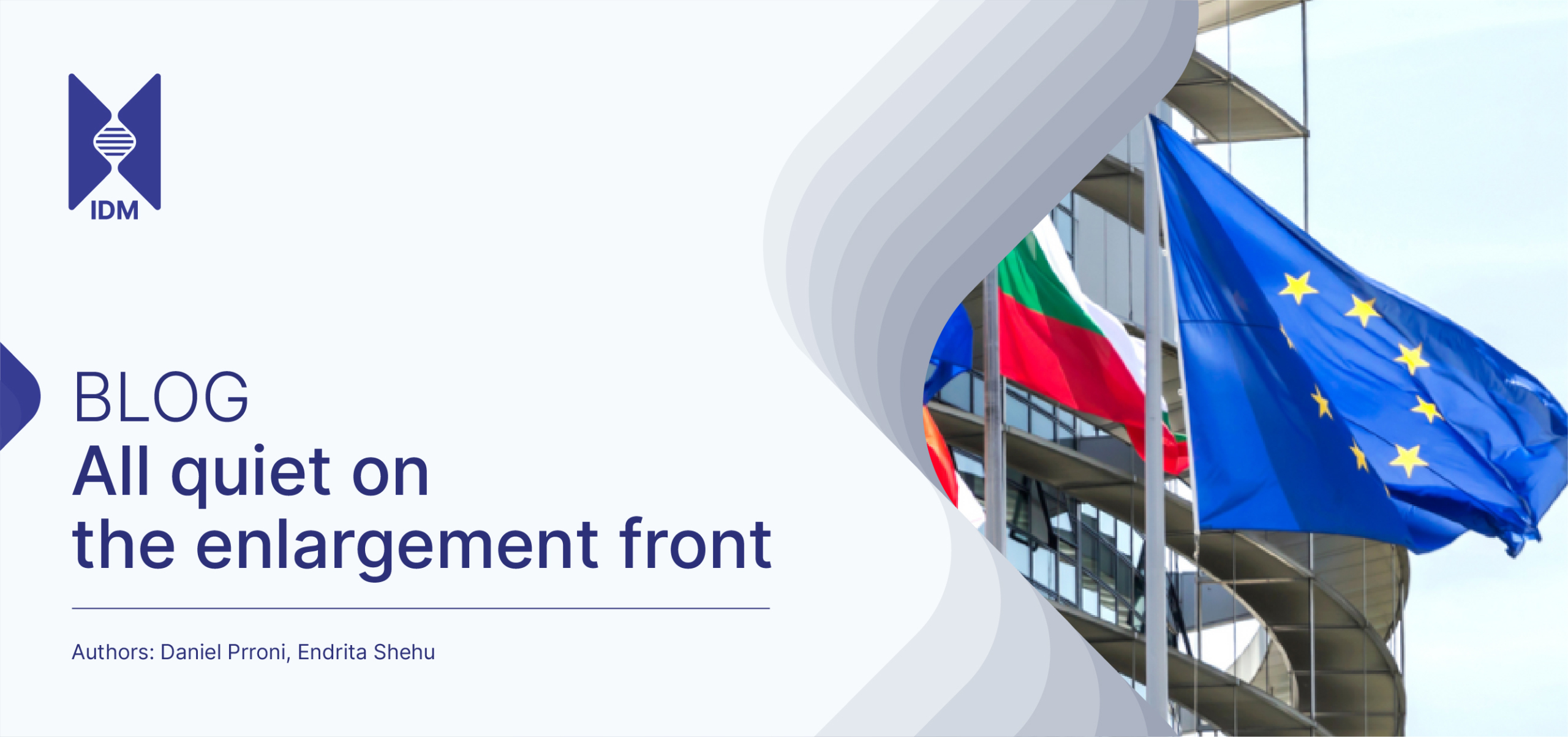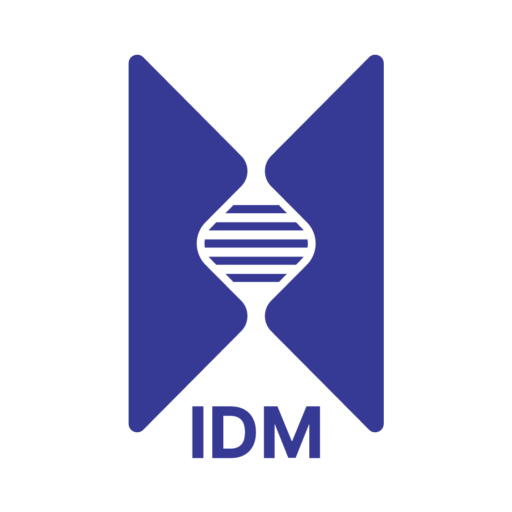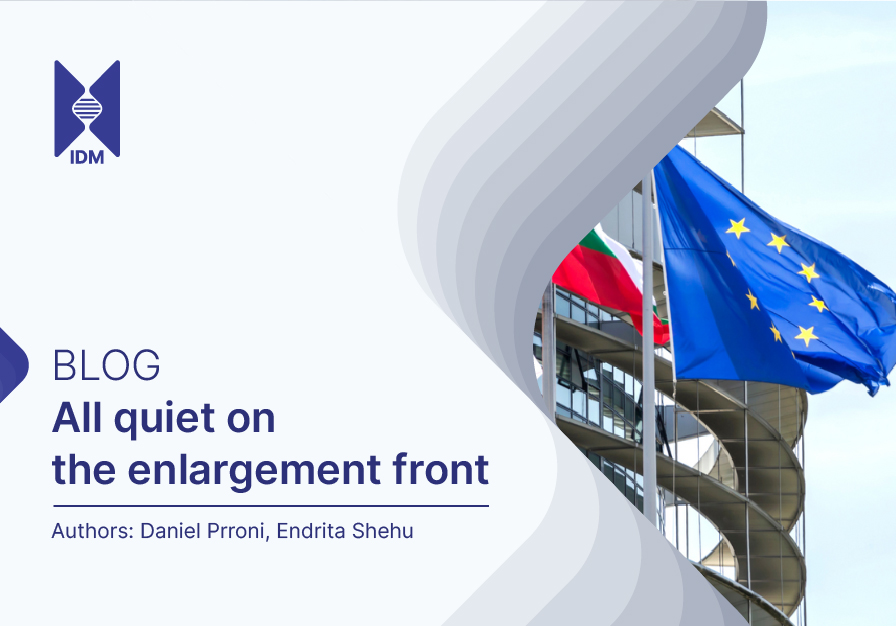
All quiet on the enlargement front
Authors: Daniel Prroni and Endrita Shehu
“Enlargement is back in EU politics”, stated Albania’s EU ambassador while introducing the EU enlargement package report for 2023. Indeed, over the past year, there has been a surge of declarative support for EU enlargement by EU representatives, which may have fuelled expectations for this year’s enlargement package. However, the country report on Albania tells a familiar tale of dragging the feet. The report takes you on a 140 pages journey only to end up where you started, puzzled and unable to gauge the progress that has actually been made (or lack of it).
Its publication comes amid recent headlines about Albania – chairing the UN Security Council, hosting the Berlin Process, opening a College of Europe campus in Tirana, and signing an immigration agreement with Italy. While some of these are commendable, they all share a common theme—focusing on international actions with little attention to domestic issues. This pattern reflects the government’s tendency to seek international recognition while neglecting responsibilities at home.
Concerning the status of the accession process, the first Intergovernmental Conference was held in July 2022 and paved the way for bilateral meetings on each thematic cluster. A year later, the screening report on Cluster 1 (Fundamentals) was released, offering guidance for preparing roadmaps to accelerate alignment processes and specify reform commitments, deadlines and measures.
The Albania country report failed to pique interest as the findings were anticipated based on the content of the screening report and remarks made by EU representatives during summits hosted in Tirana. To a large extent, it seems that the same issues remain.
The report notes the progress of the justice reform, particularly highlighting the results of the special prosecution (SPAK) in terms of issuing high-profile arrests. However, it points to the need for criminal procedures against implicated judges and prosecutors revealed through the vetting process and sanctions for public officials or politicians who attempt to interfere with the judicial system or make accusations against magistrates. Emphasis was placed on achieving concrete results on countering organized crime, cybercrime, and money laundering, while recognizing Albania’s de-listing from FATF’s ‘grey list’.
This year, the Commission seems to pay more attention to media independence. The report raises concerns about large business groups having too much control in the media. It notes that media is often used to support the owners’ business and political interests and that people accused of corruption or money laundering are funding the media to avoid facing consequences.
The report also highlights other concerns such as the slow economic convergence with the EU average, concerns about the government’s use of normative acts to amend the state budget, a very limited number of public consultations for legal acts, low public spending on health and education, and a decline in enrollment in education which may be linked to the massive youth emigration. The local elections held in May were considered customary despite political polarization.
Overall, it shows that there are moderate improvements in certain chapters, while in others, progress has not been maintained. When it comes to scores, the report notes enhanced preparedness across seven chapters. Progress rates show improvement in four chapters but a decline in five others. Albania is moderately prepared in 17 chapters and has some level of preparedness in 11 chapters, making up the majority of negotiating chapters.
At the same time, the European Commission unveiled the Growth Plan for the Western Balkans, aiming to bring pre-accession benefits to the region and improving economic integration with the EU single market while accelerating crucial reforms. Under this plan, each country will design a reform agenda based on EU recommendations, with successful implementation triggering financial support through the Reform and Growth Facility. The plan also proposes amendments to the Stabilisation and Association Agreements, introducing a mechanism to extend EU acquis rights and obligations to the Western Balkans when set conditions are met. The approach remains the same, placing economic convergence at the centre, but the conditionality on rule of law and governance reforms is stronger.
As has been the case in the past years, the report was widely overlooked by the public debate. While almost all major players in the media landscape picked up on the report, the extent of their coverage varied depending on the platform’s profile. In any case, there was minimal analysis and very few experts were invited to offer insights. Whereas, political actors tend to interpret the report through the lens of their immediate political agenda, risking distortion of the report’s essence. Notably, no prime-time talk show dedicated airtime to address the report.
Yet again, the report fails to capture the sentiments of the public, lacking resonance with their perspectives or concerns. However, there is cause for optimism as we anticipate the implementation of the Growth Plan and the urgency it places on reform conditionality.



